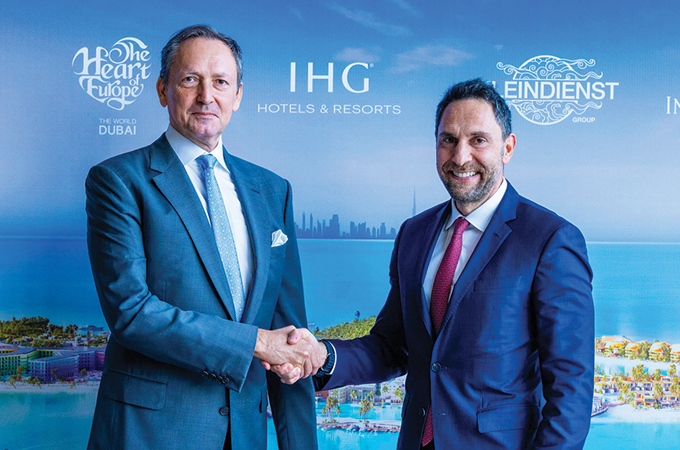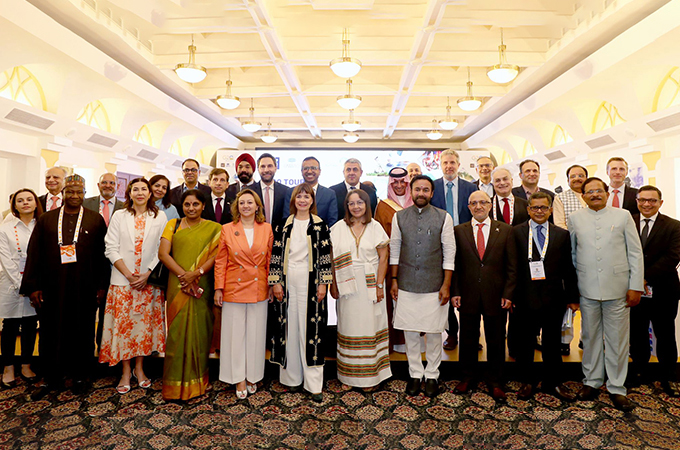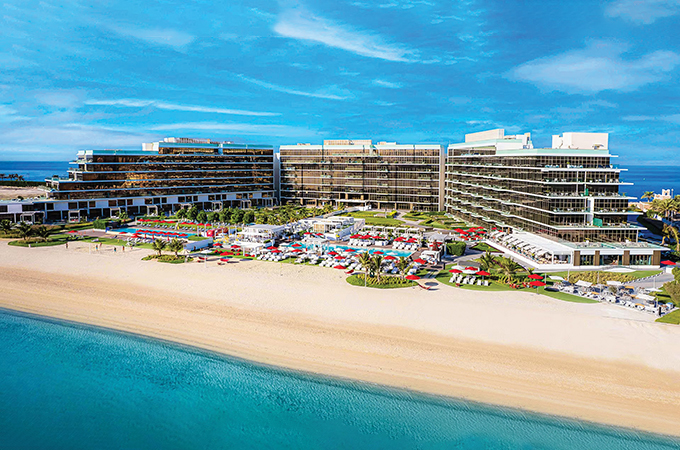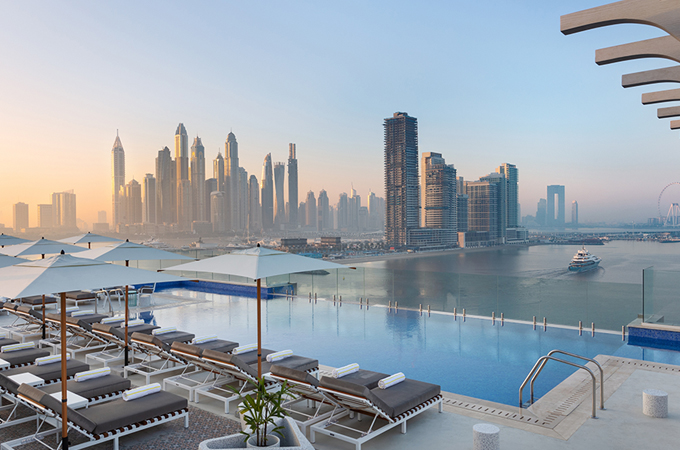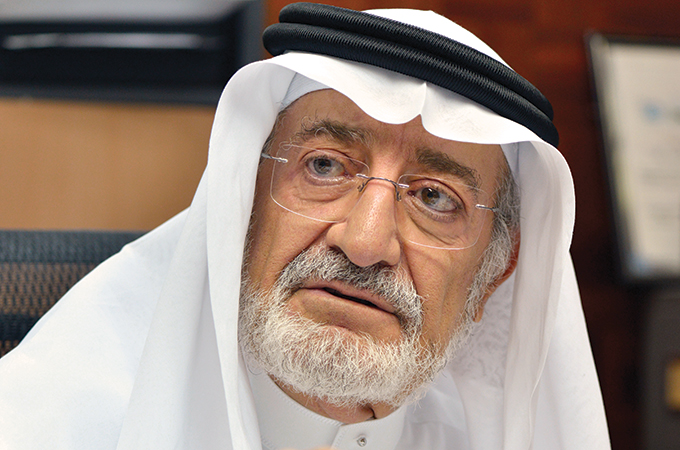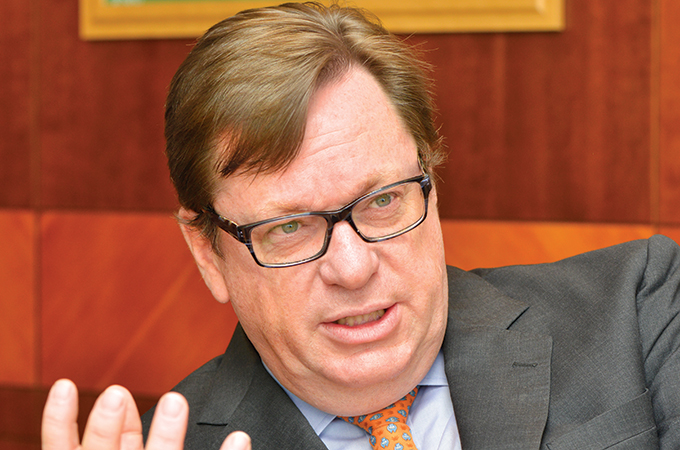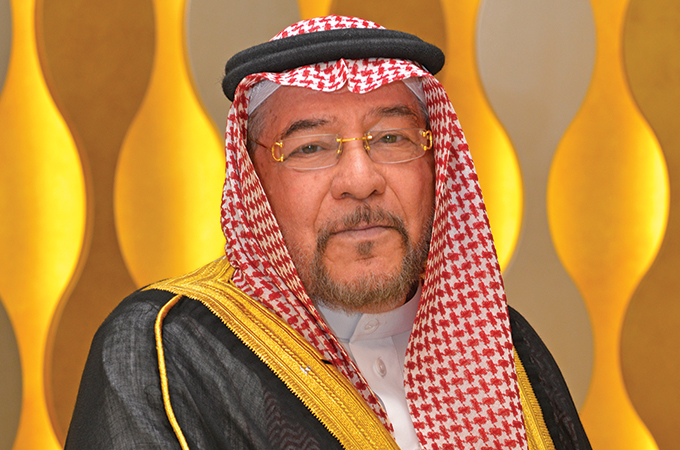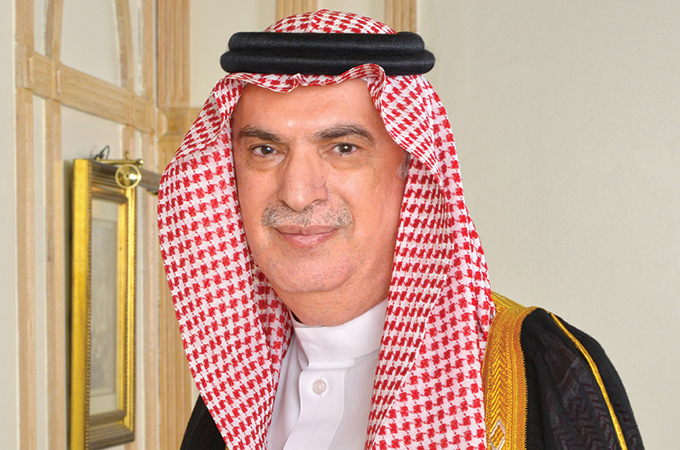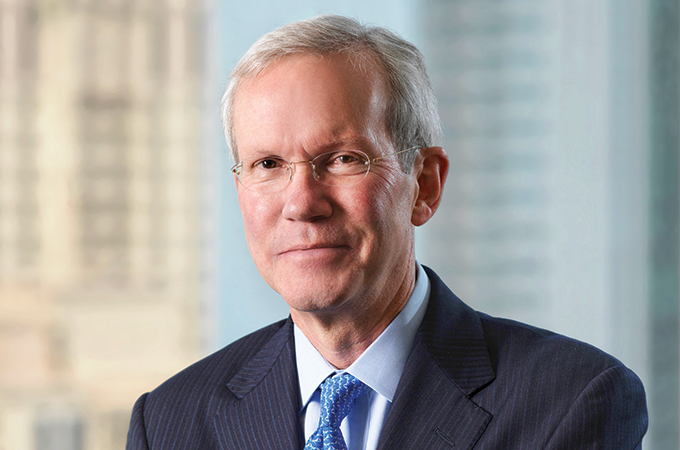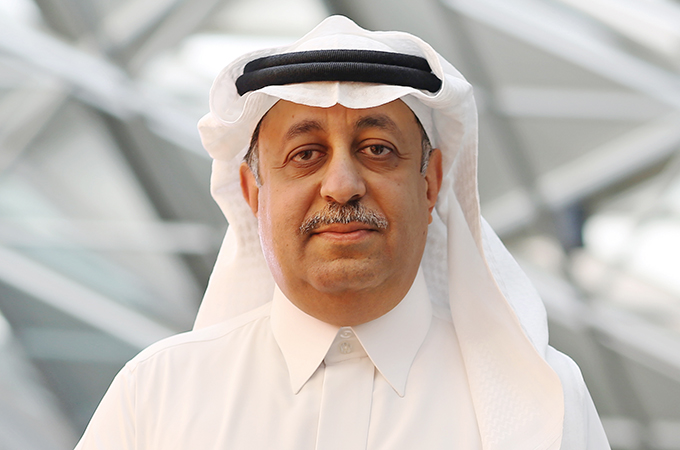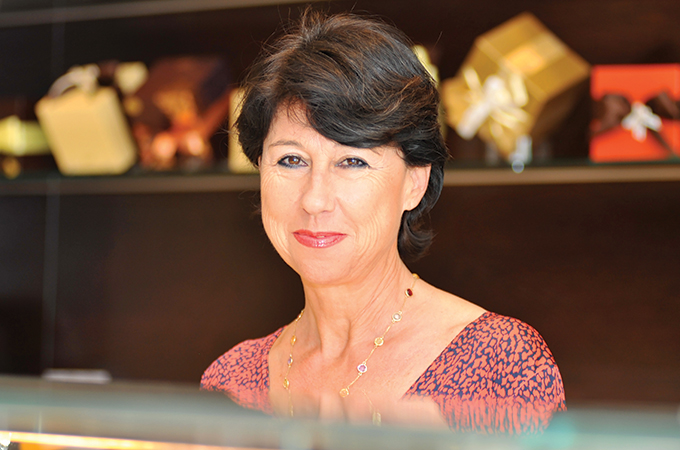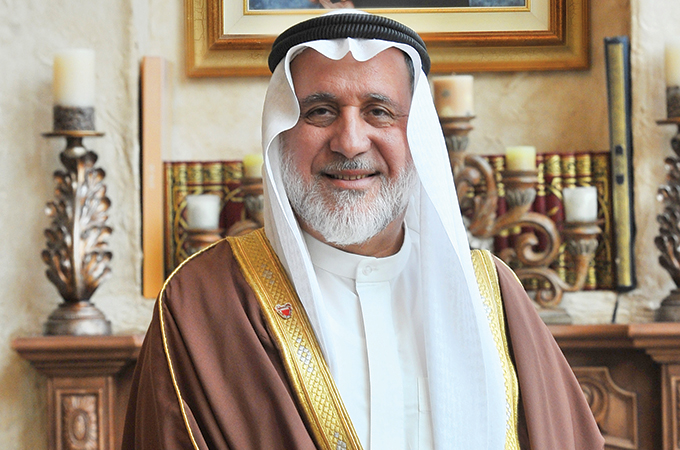Spring/Summer 2024
Born in Lebanon and raised between his homeland and the United States, Haitham Mattar’s upbringing was a beautiful tapestry of cultures. This global perspective permeates his academic background, with a marketing degree from the University of Central Florida and an MBA from the University of Liverpool.
It was his unwavering passion for travel and tourism that steered Mattar towards a career in hospitality. He describes the industry as a canvas where he can “craft remarkable experiences for travellers, while fostering sustainable progress for destinations.”
His dedication to positive impact is evident in his role at IHG as the Managing Director, of India, Middle East & Africa and his position as special advisor to the UNWTO Secretary-General on sustainable tourism development.
With over 27 years of experience, Mattar has navigated the complexities of hospitality, destination marketing, and the public sector in the Middle East.
“During my career, I’ve encountered several challenges or rather ‘opportunities’,” Mattar says.
He recounts his transformative tenure as the CEO of Ras Al Khaimah Tourism Authority, where he spearheaded the emirate’s repositioning as a global tourism hub. His leadership led to the emirate exceeding the ambitious target of one million visitors within the first three years of his role.
“During my tenure as CEO of the Ras Al Khaimah Tourism Development Authority, we successfully repositioned Ras Al Khaimah as a rapidly growing global tourism destination. I had the privilege of contributing to the creation of iconic tourism demand generators, such as the Jebel Jais Flight – the world’s longest zipline – and the region’s first Via Ferrata, which played a significant role in establishing Ras Al Khaimah as a premier adventure destination.”
He also played a pivotal role as Senior Advisor to the Saudi Ministry of Tourism, tackling intricate issues related to the country’s tourism strategy. “This demanded a deep understanding of the industry and an ability to adapt to evolving market dynamics,” he states.
His achievements haven’t gone unnoticed. Accolades like “Tourism Promotion CEO of the Year” at the Global CEO Excellence Awards and recognition on the “Arabian Business Power Arabs” list stand as testaments to his dedication. Mattar was honoured as the ‘Leisure and Tourism CEO of the Year’ at the prestigious CEO Middle East Awards, along with being named ‘Business Leader of the Year’ at the Hozpitality Excellence Awards in 2018. However, Mattar humbly acknowledges that these honours reflect the unwavering efforts of his teams.
The Middle East’s tourism sector is experiencing a golden age. Mattar attributes this strong performance to a surge in leisure and business travel and a strategic focus on diversification within key markets. He highlights the remarkable transformations under way in Saudi Arabia, the UAE, and Egypt, where hospitality experiences are being redefined.
“With strong performance and the growth of the tourism sector across the Middle East in the last couple of years, we know that travel remains a high priority for guests who continue to spend, as more leisure stays and business trips are booked, and group events and meetings return to being held in-person.
“Moreover, with a number of significant socio-economic changes happening across key markets in the Middle East, the region continues to transform, and diversify its economies. Countries such as Saudi Arabia, the UAE and Egypt are currently undergoing significant changes and creating stronger tourism offers for a wide range of global audiences,” Mattar remarks.
“This presents great opportunities for our sector and we working towards ambitions such as establishing Saudi Arabia as one of the world’s top tourism destinations while expanding business across the rest of the Middle East. We are also committed to supporting development of various new destinations across the region to further strengthen its appeal to both domestic and global travellers,” he adds.
The global pandemic served as a stark reminder of the importance of sustainability. Today’s travellers are increasingly discerning, prioritising a hotel’s environmental impact and community engagement. IHG’s visionary “Journey to Tomorrow” plan addresses this very need, aiming to deliver “True Hospitality for Good” through responsible practices across the globe.
Roadmap for growth
IHG’s growth strategy hinges on expanding its presence in existing and emerging markets, offering a kaleidoscope of experiences to cater to a wider range of travellers. This multi-pronged approach encompasses enhancing existing properties, diversifying its brand portfolio, and placing sustainability at the forefront of its operations.
“We have brought onboard new prestigious brands including Regent and Kimpton from our global portfolio to the region with signings in Saudi Arabia. We’ve also debuted our leading mainstream brand Holiday Inn Express in the Kingdom.
“In the UAE, we have opened our first Vignette Collection hotel in the region and have debuted our premium brand voco in the city of Sharjah. Across key markets, we have continued to expand the footprint of our existing brand including InterContinental, Hotel Indigo and Holiday Inn.”
As the Managing Director, India, Middle East & Africa for IHG Hotels & Resorts, Mattar is currently leading the operations and performance of more than 190 hotels as well as overseeing the strategic development of IHG’s plans with a pipeline of over 160 hotels.
Key to his role is maintaining and fostering relations with government stakeholders, tourism bodies and owner communities across markets.
“We have made major strides in recent years that are fuelling growth for today and tomorrow,” says Mattar. “Whether that be enhancing the quality of our existing estate through new designs, F&B concepts, renovations and removals, or diversifying our brand portfolio by expanding our mainstream offer, transforming our luxury and lifestyle capabilities, providing a greater choice of resort locations and all-inclusive stays, and strengthening our ability to seal conversion deals.
“We’ve also invested in our IHG Hotels & Resorts masterbrand to tie all our work together and showcase the breadth of our portfolio,” he adds.
Mattar underscores the significant rise in demand and exceptional performance of IHG across the region, with average occupancy rates hovering near an impressive 70 per cent.
What travellers want
Sustainability, experiential travel, and technology are the new driving forces shaping the hospitality industry. Travellers are now more environmentally conscious, seeking immersive experiences that connect them to the local culture, he tells us.
“Guests are paying more attention than ever before to how a hotel impacts the world around it, with an increasing number deciding whether to book a stay based upon a property’s carbon footprint, sustainable practices, and how it supports the communities in which it operates.
“New destinations such as The Red Sea Project in Saudi Arabia are incorporating key sustainability practices to minimise the impact they have on the environment,” Mattar explains.
Additionally, he says, experiential travel is on the rise – with travellers seeking distinctive and immersive experiences during their stays. Contactless services and technology-enabled features are becoming increasingly prevalent, streamlining operations and enhancing guest experiences. These trends highlight the evolving priorities within the hospitality sector.
Effective leadership
Adaptability, transparency, empathy, and innovation are the cornerstones of Mattar’s leadership philosophy. He stresses the need to adapt to the dynamic hospitality landscape, maintain open communication channels, understand the concerns of colleagues and travellers, and leverage technology for continuous improvement.
Mattar elaborates: “I consider several fundamental leadership principles essential. Adaptability is key, especially given the dynamic nature of the tourism and hospitality industry. Being able to assess and adjust strategies against changing circumstances, as exemplified during the Covid-19 pandemic, is paramount.
“Transparency is another cornerstone. Open and honest communication, be it with team members or guests, fosters trust and ensures that everyone feels informed and safe. This principle forms the basis of strong and lasting relationships.
“Empathy is also vital; understanding the concerns of colleagues and travellers is so important. It’s about connecting on a personal level and providing support during challenging times.
“Finally, innovation is the key to staying competitive. Embracing technology and using it to drive innovation within guest experiences ensures that we remain at the forefront of the industry.”
Mattar emphasises the importance of active listening to stakeholders, with a focus on responsible growth.
Technology is transforming the industry, but it does not reduce the importance of personalised service nor does it replace human interaction and relationship building, which remain the heart and soul of true hospitality, says Mattar.
“Technology is undeniably reshaping the hospitality industry while keeping the essence of personalised service and human touch at its core. There is a strong drive in the industry to build smarter, technology-enabled hotels that enhance guest experiences. This includes an array of advancements, including more contactless services, the integration of virtual reality, the presence of chatbots, and other innovative features and facilities.
“While technology plays a pivotal role in streamlining operations, providing more convenient services, and improving efficiency, it does not diminish the importance of people. The essence of hospitality remains deeply rooted in human interaction, personalised service, and relationship building. Technology complements and enhances these interactions, allowing for a seamless blend of cutting-edge innovations and genuine human hospitality, ensuring that guests receive the best of both worlds,” he points out.
Mattar emphasises the critical role of sustainable practices in the industry’s long-term success. He highlights the growing importance of “green tourism” and “talent development” as key priorities. Aligning with the UN’s Sustainable Development Goals (SDGs) is essential for major tourism players to create a positive industry-wide shift.
IHG’s “Journey to Tomorrow” initiative embodies this commitment. This 10-year action plan focuses on reducing the company’s environmental footprint by optimising energy consumption, minimising waste, and collaborating with local communities. A recent example is its partnership with water.org to provide clean water access to thousands in India and Kenya.
As travellers become increasingly environmentally conscious, Mattar emphasises the need for sustainable operations and growth. He envisions a future where sustainability remains a core value, with a focus on decarbonisation and minimising ecological impact. Additionally, fostering deeper connections between travellers and destinations through immersive cultural experiences is key.
Mattar offers a compelling message to aspiring entrepreneurs, executives, and travellers: Embrace change, innovation, and sustainability. Responsible growth is paramount for the industry’s future. “Travellers, increasingly, seek brands committed to sustainable practices and experiences that reflect local cultures. Working together, we can shape a more sustainable and exciting future for hospitality,” he concludes.



.jpg)
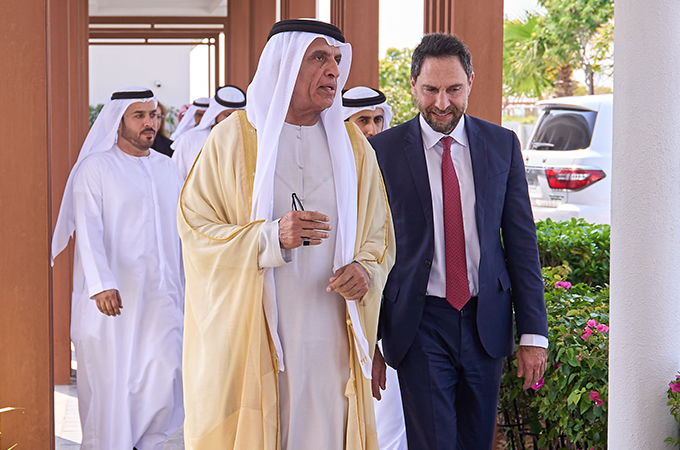
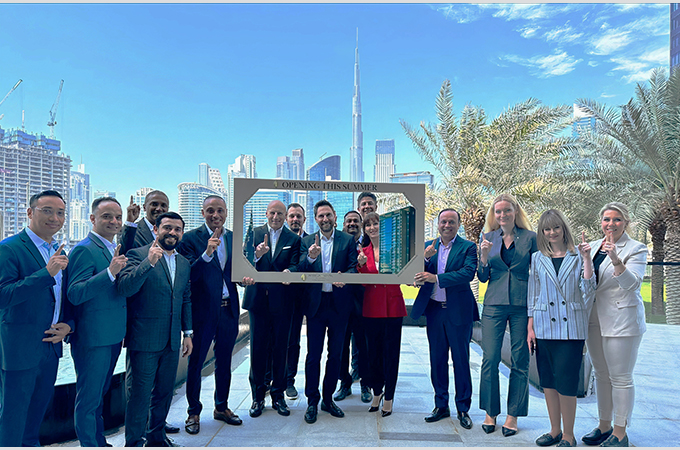
.jpg)
